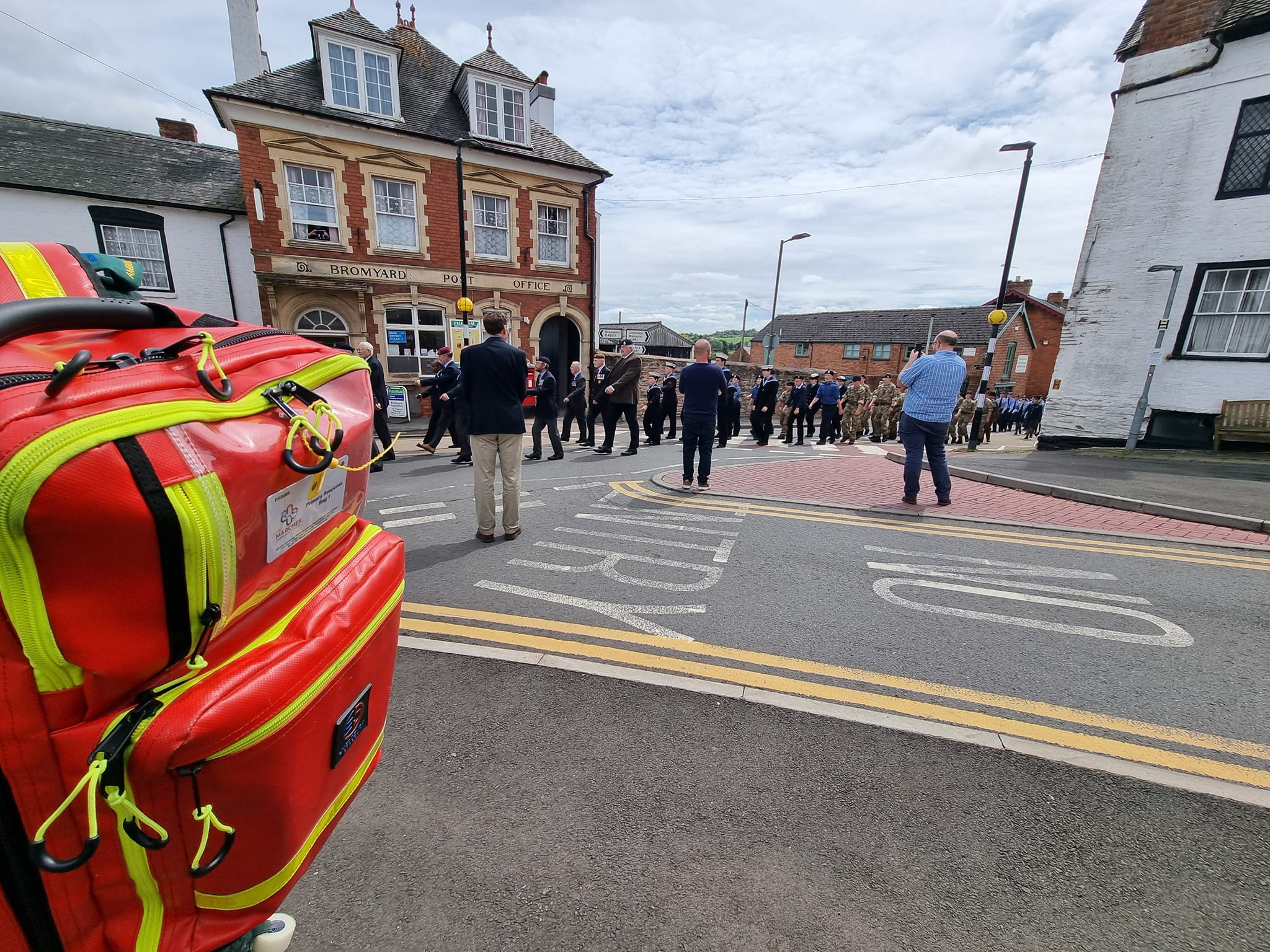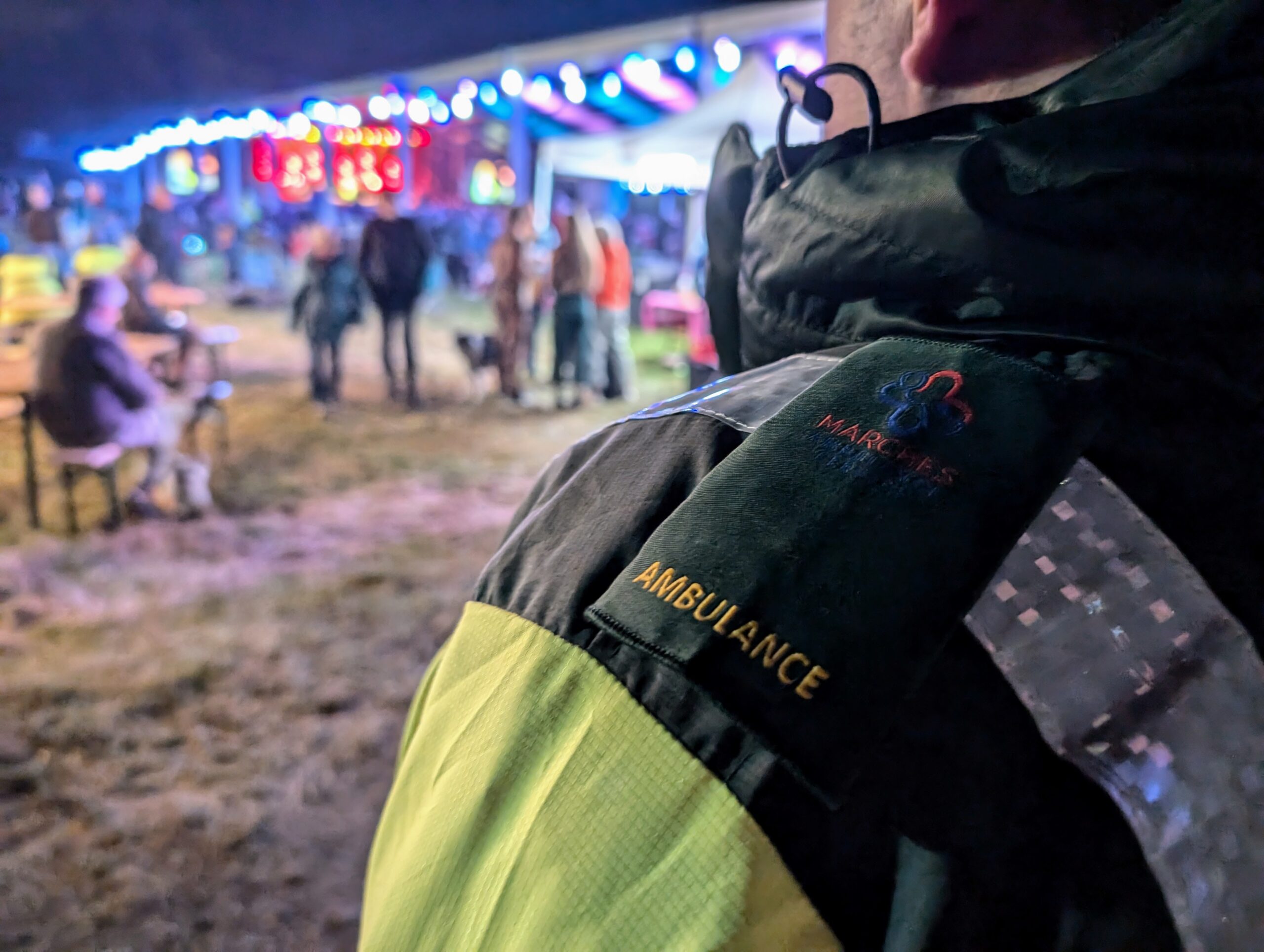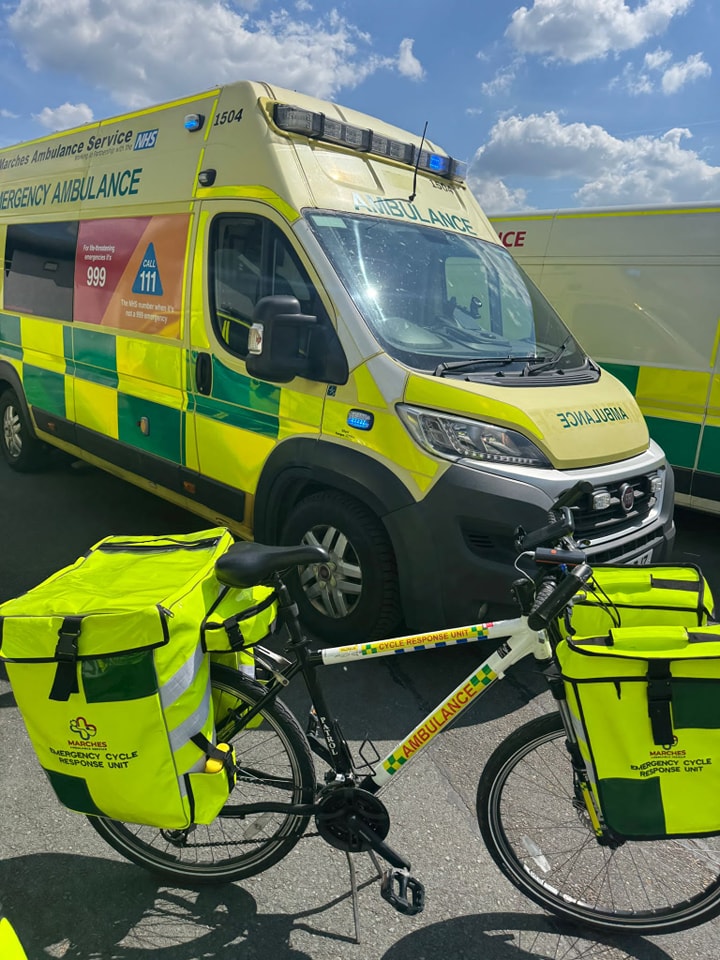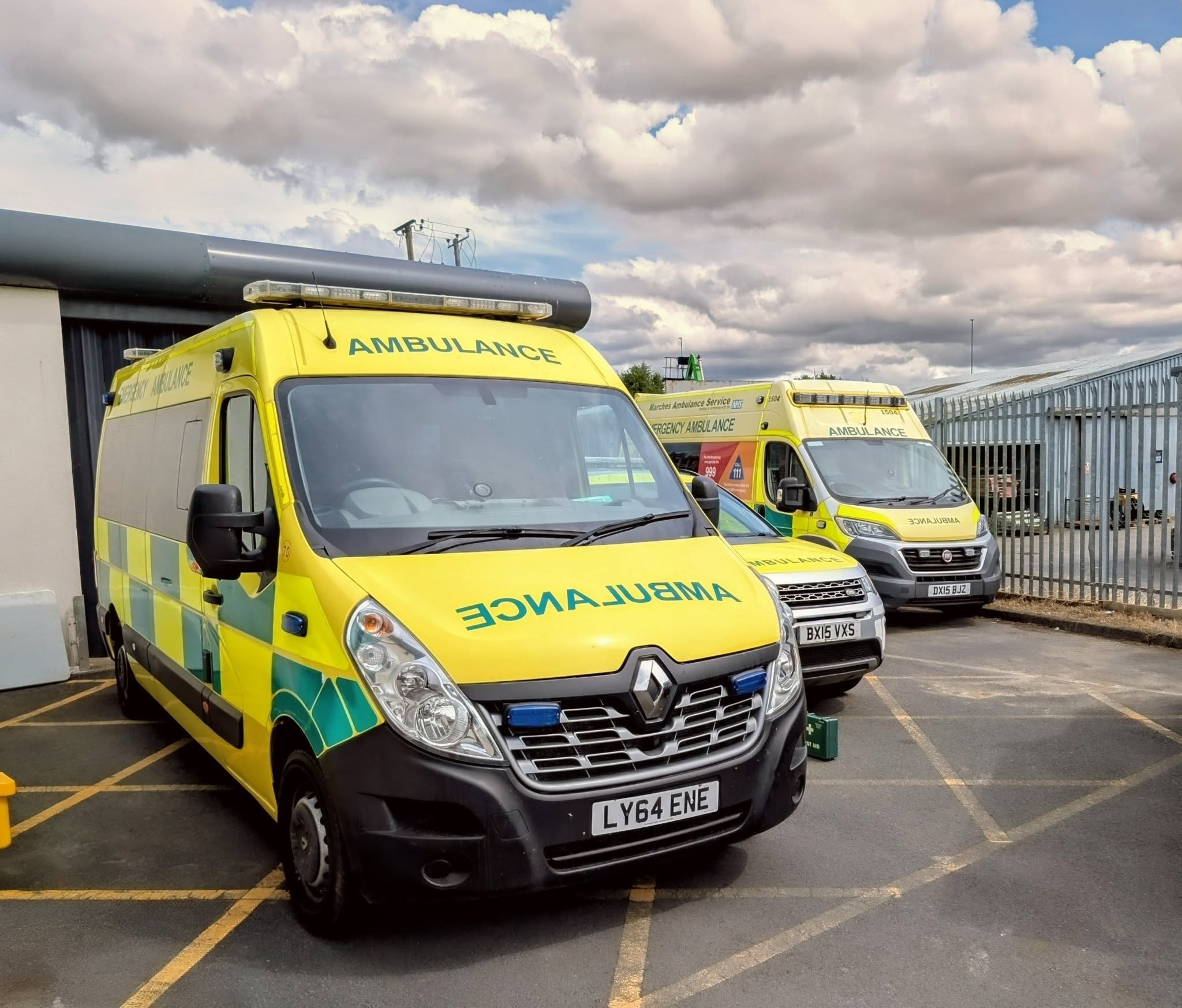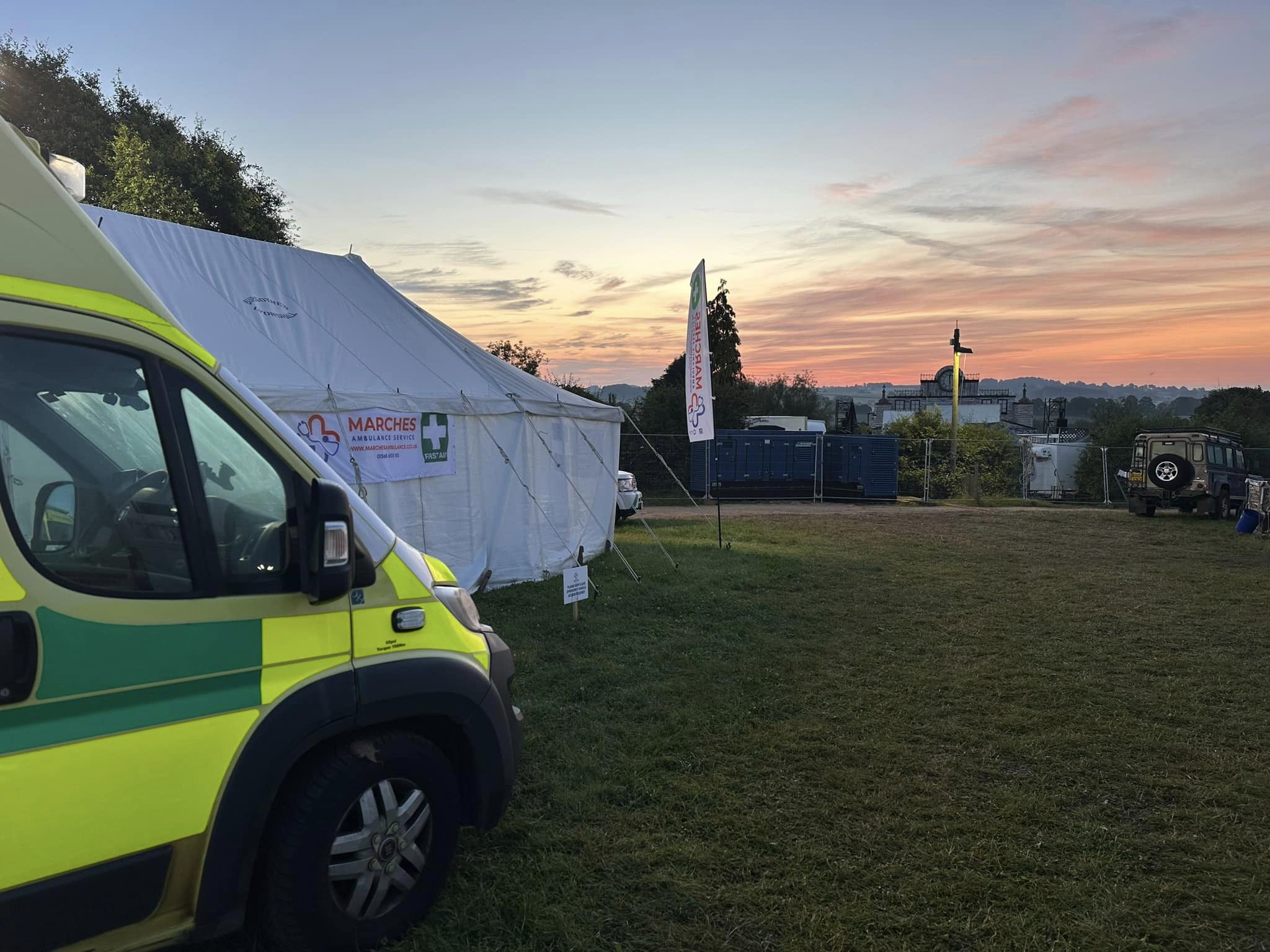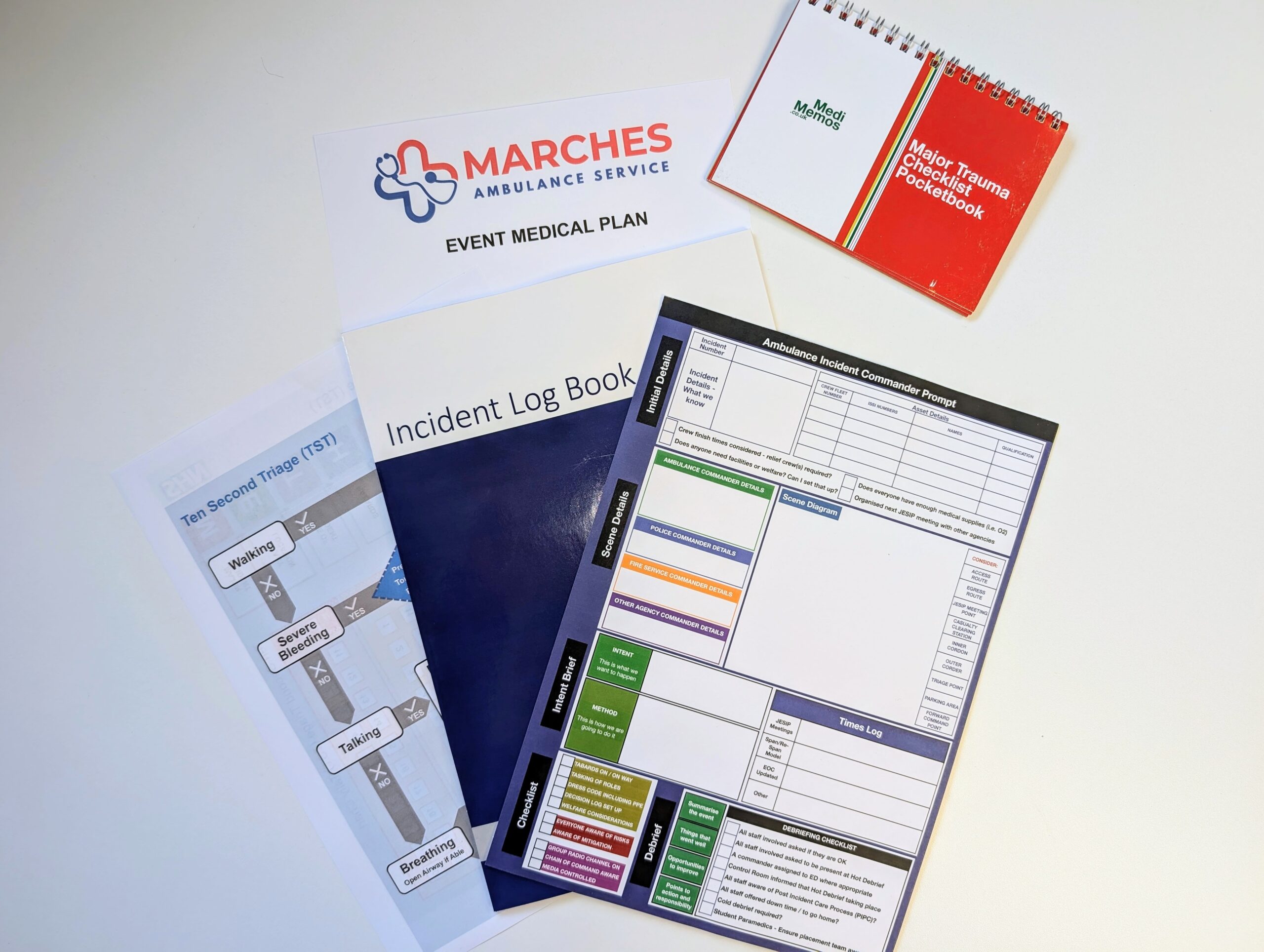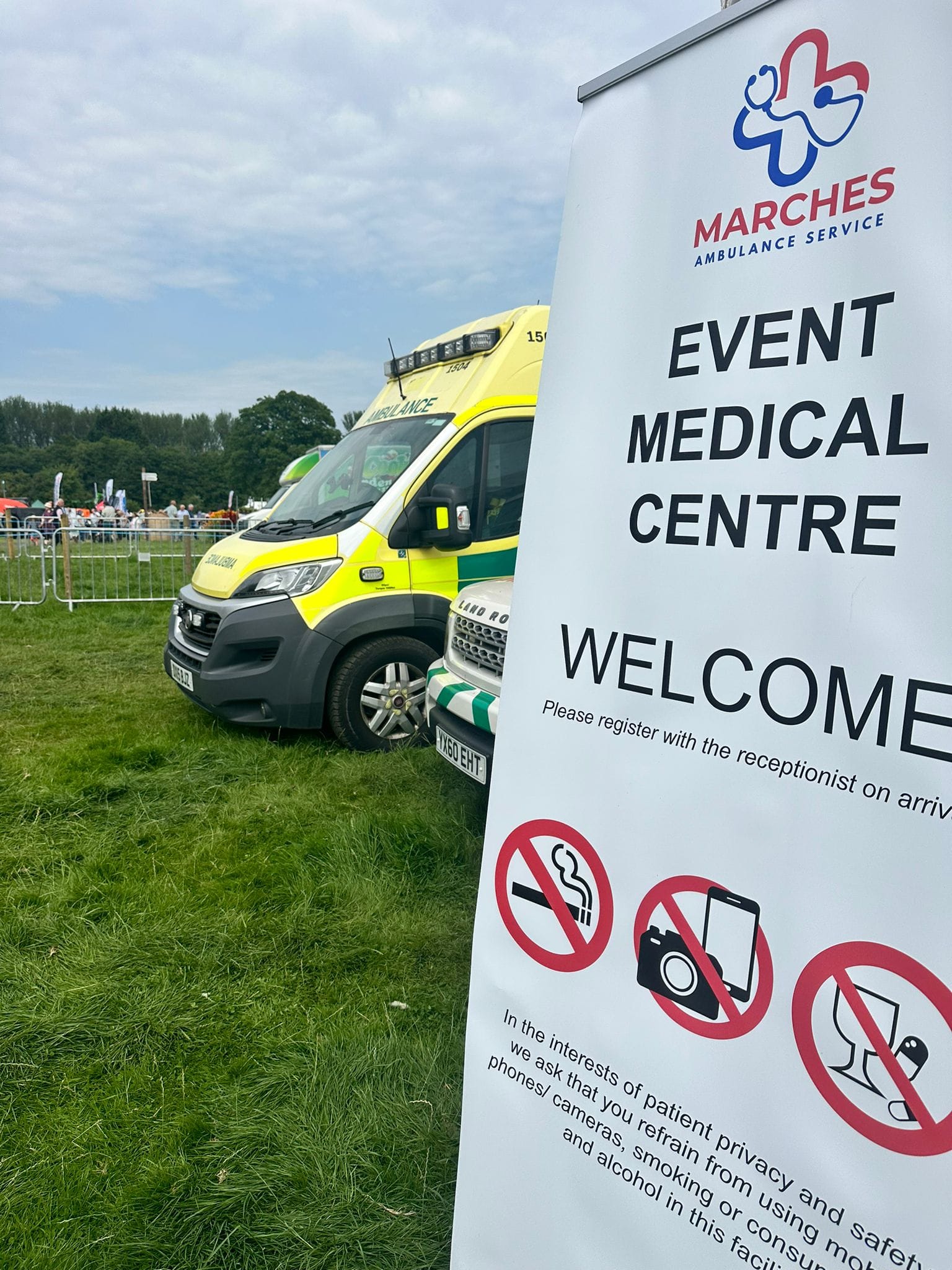Here’s the problem: not all CQC registered event medical providers are the same.
In fact, there are two completely different types of CQC registration for medical providers—and the difference between them could leave you exposed to serious liability if something goes wrong at your event.
Let’s break down what you actually need to know.
When you’re comparing quotes for event medical cover, you’ll likely see “CQC registered” mentioned prominently. And if you’re like most event organisers, you’ll tick that box and move on.
Here’s the problem: not all CQC registrations are the same.
In fact, there are two completely different types of CQC registration for medical providers—and the difference between them could leave you exposed to serious liability if something goes wrong at your event.
Let’s break down what you actually need to know.
The Two Types of CQC Registration (And Why It Matters)
The Care Quality Commission (CQC) regulates health and social care services in England. For event medical providers, there are two relevant registration categories:
1. Transport Services Only (Patient Transport)
This registration allows a provider to:
- Transport patients from A to B
- Provide basic care during transport
- Operate non-emergency patient transport services
What it does NOT allow:
- Diagnosis of medical conditions
- Treatment beyond basic first aid
- Administration of prescription medications
- Use of Patient Group Directions (PGDs)
- Clinical decision-making under a Medical Director
Think of this as a taxi service with some medical training, perfectly fine for moving stable patients, but not equipped or legally permitted to provide advanced clinical care.
2. Treatment of Disease, Disorder and Injury (TDDi)
This registration allows a provider to:
- Diagnose and treat medical conditions
- Administer prescription medications (via PGDs)
- Provide advanced clinical interventions
- Operate under the guidance of a Medical Director
- Make complex clinical decisions on-site
This is what you need when you’re expecting paramedics to actually treat patients at your event, not just transport them.
When you’re comparing quotes for event medical cover, you’ll likely see “CQC registered” mentioned prominently. And if you’re like most event organisers, you’ll tick that box and move on.
Here’s the problem: not all CQC registered event medical providers are the same.
In fact, there are two completely different types of CQC registration for medical providers—and the difference between them could leave you exposed to serious liability if something goes wrong at your event.
Let’s break down what you actually need to know.
Why Most Event Organisers Don’t Know the Difference
Here’s the truth: most event organisers have no idea there are different types of CQC registration.
When you see “CQC registered” on a quote, you assume it means the provider can do everything a paramedic should be able to do. That’s a reasonable assumption—but it’s often wrong.
We’ve seen providers in our region operating with Transport registration only, yet deploying paramedics with ambulances stocked with medications and equipment that fall squarely within the scope of Treatment of Disease, Disorder and Injury.
Is this legal? No. The CQC has confirmed this constitutes a Section 10 offence under the Health and Social Care Act 2008.
Does it happen anyway? Yes. And event organisers are often none the wiser.
What This Means for Your Paramedics On-Site
Let’s get practical. If your medical provider only holds Transport registration, here’s what your “event paramedic” cannot legally do:
They Can’t Administer Key Medications
- Ipratropium for severe asthma / COPD attacks
- Diazepam / Midazolam for prolonged seizures
- Tranexamic acid for major trauma
Without TDDi registration, paramedics cannot work under Patient Group Directions (PGDs)—the legal framework that allows them to administer prescription medications without a doctor present.
We’ve covered this in detail here, but the bottom line is: without PGDs, your paramedic’s hands are tied in a real emergency.
They Can’t Operate Under Clinical Governance
Treatment of Disease, Disorder and Injury registration requires:
- A registered Medical Director overseeing clinical practice
- Approved clinical protocols and guidelines
- Ongoing clinical supervision and case review
- Professional indemnity insurance that covers clinical decision-making
Transport-only providers don’t have these structures in place—because they’re not required to. But that means there’s no clinical oversight of the care being delivered at your event.
The Insurance Problem Nobody Talks About
Here’s where this gets serious for you as an event organiser.
If a medical provider is operating outside the scope of their CQC registration, their professional indemnity insurance is unlikely to pay out in the event of a claim.
Let’s say someone has a severe asthma attack at your event. Your provider’s paramedic administers Ipratropium, but the provider only holds Transport registration and has no PGDs in place. The patient has an adverse reaction and sues.
The provider’s insurance refuses to cover the claim because the paramedic was working outside the legal scope of the provider’s registration.
Guess who could be left holding the liability?
You.
As the event organiser, you have a duty of care to provide adequate medical cover. If your provider wasn’t legally permitted to deliver the level of care you (and your attendees) expected, that duty of care hasn’t been met, and you could be personally liable.
How to Check Your CQC registered event medical provider’s Registration
The good news? This is easy to verify.
- Ask your CQC registered event medical provider directly: “What type of CQC registration do you hold, Transport Services or Treatment of Disease, Disorder and Injury?”
- Check the CQC website: Go to www.cqc.org.uk and search for the provider by name. Their registration details are publicly available.
- Look at the “Regulated Activities” section: This will list exactly what they’re registered to do.
If you see only “Transport services, triage and medical advice provided remotely” listed, they do not hold Treatment of Disease, Disorder and Injury registration
Why Do Providers Operate Outside Their Registration?
Honestly? Because they can get away with it……….until they can’t.
Operating with Transport-only registration is cheaper and easier:
- No Medical Director required
- No PGDs to develop and maintain
- Less rigorous clinical governance
- Lower insurance premiums
This allows some providers to undercut on price while appearing to offer the same service.
But when something goes wrong, the cracks show and you’re the one left exposed.
We’ve reported this issue to local Safety Advisory Groups (SAGs), and the response has been frustrating: “Our expert advisors [the ambulance service] say it’s fine.”
But the CQC disagrees. And ultimately, the CQC is the regulator that matters.
Why Do CQC registered event medical providers Operate Outside Their Registration?
Honestly? Because they can get away with it—until they can’t.
Operating with Transport-only registration is cheaper and easier:
- No Medical Director required
- No PGDs to develop and maintain
- Less rigorous clinical governance
- Lower insurance premiums
This allows some providers to undercut on price while appearing to offer the same service.
But when something goes wrong, the cracks show—and you’re the one left exposed.
We’ve reported this issue to local Safety Advisory Groups (SAGs), and the response has been frustrating: “Our expert advisors [the ambulance service] say it’s fine.”
But the CQC disagrees. And ultimately, the CQC is the regulator that matters.
What You Should Expect from a Properly CQC registered event medical provider
If you’re paying for paramedics and ambulances at your event, you should expect:
✅ Treatment of Disease, Disorder and Injury registration (not just Transport)
✅ A named Medical Director overseeing clinical practice
✅ Patient Group Directions (PGDs) in place for common emergency medications
✅ Clinical governance structures including case review and ongoing supervision
✅ Professional indemnity insurance that covers clinical decision-making
Anything less, and you’re not getting what you’re paying for—and you’re potentially exposing yourself to liability.
The Regulatory Landscape Is Changing
Here’s something else to consider: within the next 12–24 months, CQC regulation is expected to extend to all temporary, cultural, and sporting event venues.
Right now, CQC registration for event medical providers is best practice, but it’s not always legally required (depending on the event type and scale).
That’s about to change.
When the new regulations come into force, venues and event organisers will be required to use CQC-registered providers. And you can bet the CQC will be looking closely at what type of registration those providers hold.
Getting ahead of this now means you’re not scrambling later, and you’re building relationships with providers who are already compliant.
Our Point of View: Why This Matters
We’re not saying this to scare you, we’re saying it because we’ve seen what happens when event organisers don’t know to ask these questions.
You’re comparing quotes. One provider is significantly cheaper. Both say they’re “CQC registered.” On paper, they look the same.
But one holds Transport registration and is operating outside their legal scope. The other holds Treatment of Disease, Disorder and Injury registration, employs a Medical Director, and has full clinical governance in place.
Which one do you want on-site when someone stops breathing?
The price difference suddenly makes sense, but the risk difference is enormous.
Our Point of View: Why This Matters
We’re not saying this to scare you—we’re saying it because we’ve seen what happens when event organisers don’t know to ask these questions.
You’re comparing quotes. One provider is significantly cheaper. Both say they’re “CQC registered.” On paper, they look the same.
But one holds Transport registration and is operating outside their legal scope. The other holds Treatment of Disease, Disorder and Injury registration, employs a Medical Director, and has full clinical governance in place.
Which one do you want on-site when someone stops breathing?
The price difference suddenly makes sense—but the risk difference is enormous.
What to Do Next
If you’re currently working with an event medical provider, check their CQC registration today.
If you’re comparing quotes, ask every provider what type of CQC registration they hold and verify it on the CQC website.
And if you’re planning an event and want to make sure you’re covered properly (legally, clinically, and from a liability perspective), we’re happy to talk through your specific needs.
📧 Email us: hello@marchesambulance.co.uk 📞 Call us: 01568 605110
We’re not the cheapest option, but we’re the option that won’t leave you exposed when it matters most.
Further Reading
- Is Your Event Paramedic Legally Allowed to Save Lives?
- Do I Need a CQC Registered Event Medical Provider?
- Purple Guide Medical Needs Assessment: A Complete Guide
About Marches Ambulance Service
We’re a CQC-registered independent ambulance service (Treatment of Disease, Disorder and Injury) based in Herefordshire, providing event medical cover across the Midlands and beyond. We operate under the clinical governance of our Medical Director, with all paramedics working under approved Patient Group Directions. No subcontractors, no surprises, just professional, compliant medical cover you can trust.

